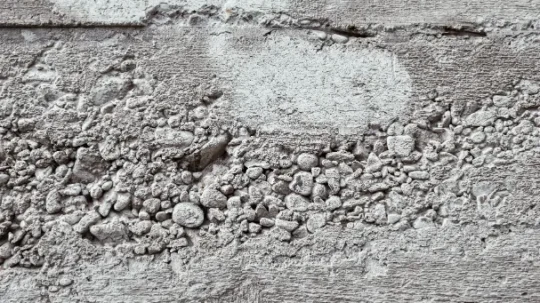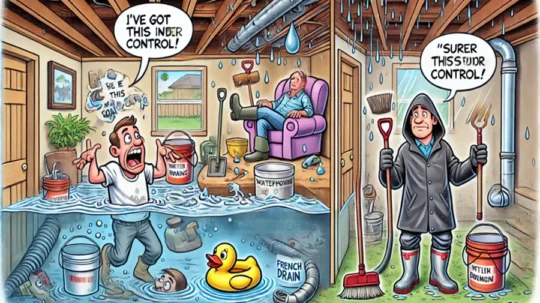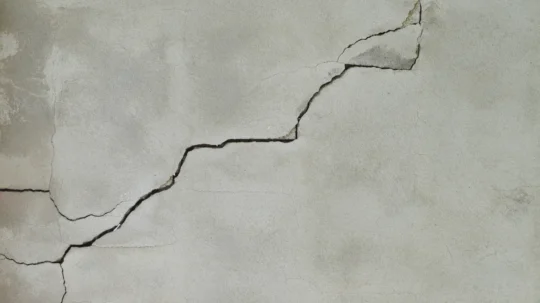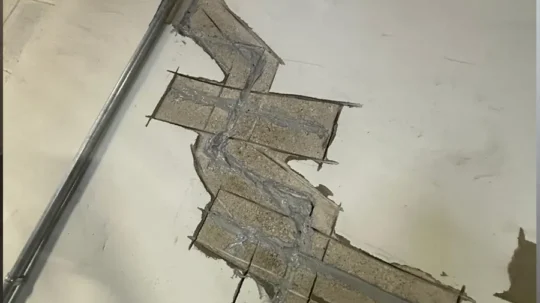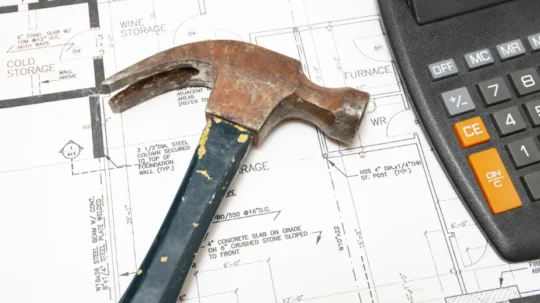
Is Foundation Repair Covered by Insurance?
Insurance policies are filled with fine print, and foundation repair coverage is one of the most misunderstood areas. Some homeowners get full coverage, while others are left footing the bill. So when is foundation repair covered by insurance? That’s exactly what we’re about to break down.
In this guide, we’ll cover what types of foundation damage insurance typically pays for, what’s excluded, and how to check your policy. Plus, we’ll walk you through filing a claim and exploring alternative funding options if your repair isn’t covered.
Find Out When Insurance Will Pay for Foundation Repairs and How to Maximize Your Coverage! Call Our Experts Now to Discuss Your Options!
Understanding How Insurance Covers Foundation Repair
Homeowners insurance is designed to cover sudden and accidental damage—not routine maintenance or structural issues caused by poor construction. Here’s a breakdown of when insurance typically covers foundation repair and when it doesn’t.
Covered Events
- Plumbing Leaks: Plumbing leaks that lead to foundation deterioration (depending on your policy).
- Fire, Explosions, or Vehicle Impacts: Damage caused by fires, explosions, or vehicle collisions that compromise the foundation.
- Natural Disasters: Hurricanes, tornadoes, or floods, but only if you have specific coverage.
- Earthquakes: Foundation damage caused by earthquakes, but only if you have earthquake insurance.
- Flooding and Sewer Backup: Damage from flooding or sewer backup, but only if covered under a separate flood or sewer backup policy.
- Erosion Damage: Erosion caused by sudden water flow or land movement that impacts foundation stability.
Not Covered
- Normal Wear and Tear: Foundation deterioration from aging materials over time.
- Poor Soil Conditions: Shifting due to expansive clay or improper soil compaction.
- Construction Defects: Foundation instability caused by poor design or faulty construction.
- Gradual Settling or Sinking: Slow, natural settling that occurs over time.
- Water Intrusion from Poor Drainage: Damage from improper drainage unless tied to a covered event.
Even if your policy includes foundation repair coverage, insurers may deny claims if they determine the damage resulted from an excluded cause. Always review your policy details and consider additional coverage for flood, sewer backup, or earthquake protection if you live in a high-risk area.
Filing a Claim for Foundation Repair – What You Need to Know
If your insurance policy covers foundation damage, submitting a claim quickly and correctly is crucial. Follow these steps to improve your chances of approval:
1. Take Photos of the Damage
Document the foundation issues as soon as you notice them. Capture wide shots of the affected area and close-ups of cracks, shifts, or structural damage. If water damage is involved, take photos of leaks or flooding.
2. Get a Professional Inspection Report
Most insurance companies require an official assessment. Hire a licensed foundation specialist or structural engineer to inspect the damage and provide a detailed report. This document should clearly state the cause of the damage, as this determines whether your claim is approved.
3. Contact Your Insurance Company Promptly
File your claim as soon as possible to avoid delays. When speaking with your insurer, ask:
- Is foundation repair covered by insurance under my policy?
- What documentation do you need from me?
- How long will the claims process take?
Keep records of all communication, including emails and claim reference numbers.
4. Keep All Repair Estimates and Documentation
Gather multiple repair estimates from licensed contractors. Insurance companies often require comparisons before approving a payout. Save all receipts, reports, and correspondence to ensure a smooth process.
Alternative Ways to Pay for Foundation Repairs If Insurance Won’t Cover It
If your claim is denied, you still have options. Consider these cost-effective solutions:
- Home Improvement Loans: Many banks and credit unions offer low-interest loans for home repairs. Some lenders provide specific financing for foundation repair.
- Government Grants: Certain states and federal programs offer grants for structural repairs, especially if safety is a concern. Look into HUD and FEMA assistance programs.
- Contractor Payment Plans: Many foundation repair companies provide in-house financing, allowing you to pay in installments instead of a lump sum. At Foundation Concrete Repair, we offer flexible financing options to make your repairs more affordable. Learn more here.
- Preventative Maintenance: If your damage isn’t severe, small reinforcements like drainage improvements or soil stabilization may prevent costly repairs in the future.
Final Thoughts – Is Foundation Repair Covered by Insurance?
The answer depends on how your foundation was damaged. Insurance covers sudden, accidental events like plumbing leaks or natural disasters but excludes issues from normal wear and tear or poor construction. The best way to protect yourself is to review your policy, understand your coverage, and act quickly if damage occurs. Understanding if foundation repair is covered by insurance before issues arise can save you thousands of dollars and prevent financial surprises.
Check Your Homeowners Insurance Policy Now to See If Foundation Repairs Are Covered!
